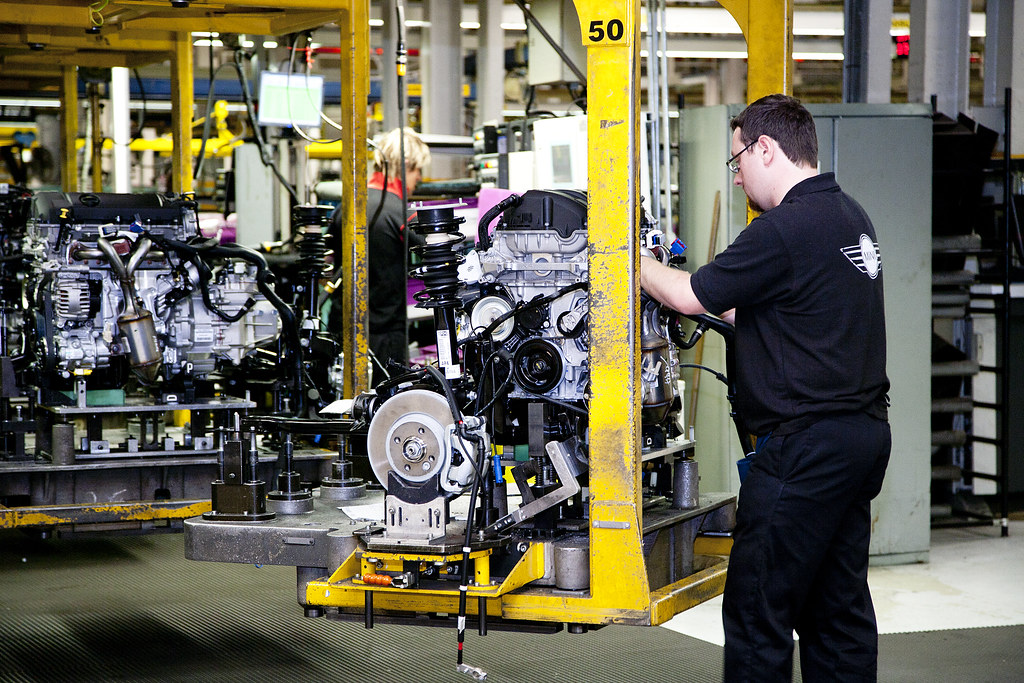
Sales of British-made cars to the United States rose in July following the UK-US tariff agreement, marking a 6.8% increase after three consecutive months of decline, according to data from the Society of Motor Manufacturers and Traders (SMMT).
Impact of Tariff Adjustments
In April, President Donald Trump raised import taxes on UK cars from 2.5% to 27.5%, sending shockwaves through the British automotive sector. The following month, both sides reached a deal to reduce tariffs to 10% starting at the end of June.
The SMMT said July’s sales figures “illustrate the impact of this deal,” though it acknowledged that UK car manufacturing overall remains under strain. The tariff cut applies only to the first 100,000 cars exported annually to the US — roughly the same number shipped last year. Any exports beyond that threshold will still face the 27.5% rate.
US Remains a Key Market
The US accounted for 18.1% of all UK car exports in July, making it the largest single national market for British-built cars. In contrast, the European Union represented a much larger share at 45.6%.
Investment firm Wealthify’s chief investment officer, Colleen McHugh, highlighted the US as a critical market, particularly for premium brands such as Jaguar Land Rover (JLR). The company temporarily paused shipments to the US in April when the higher tariffs were imposed but resumed them in May after the agreement was reached.
Overall UK car manufacturing rose for the second consecutive month in July, supported by increases in both domestic sales and exports. However, total vehicle output for the year remains down 11.7%, including both cars and commercial vehicles.
Last month, UK car production fell to its lowest level since 1953. Analysts blame the slump on rising labor costs, stiff global competition, and ongoing Brexit-related challenges.
SMMT Chief Executive Mike Hawes noted that while July’s results offered some relief, the industry is still navigating a turbulent environment. “Consumer confidence is weak, trade flows are volatile, and massive investment in new technologies is underway both here and abroad,” he said. “Given this backdrop, another month of growing car output is good news.”
Author’s Opinion
The tariff deal offers short-term relief for UK automakers, but it doesn’t fix the deeper structural problems weighing down the industry. Rising labor costs, Brexit-related hurdles, and global competition won’t vanish because of one trade adjustment. Without long-term investment in innovation and competitiveness, British carmakers risk being boxed in by bigger markets and more efficient rivals. The July rebound may feel encouraging, but it’s more of a breather than a breakthrough.
Featured image credit: Department for Business, Innovation and Skills
via Flickr
For more stories like it, click the +Follow button at the top of this page to follow us.
